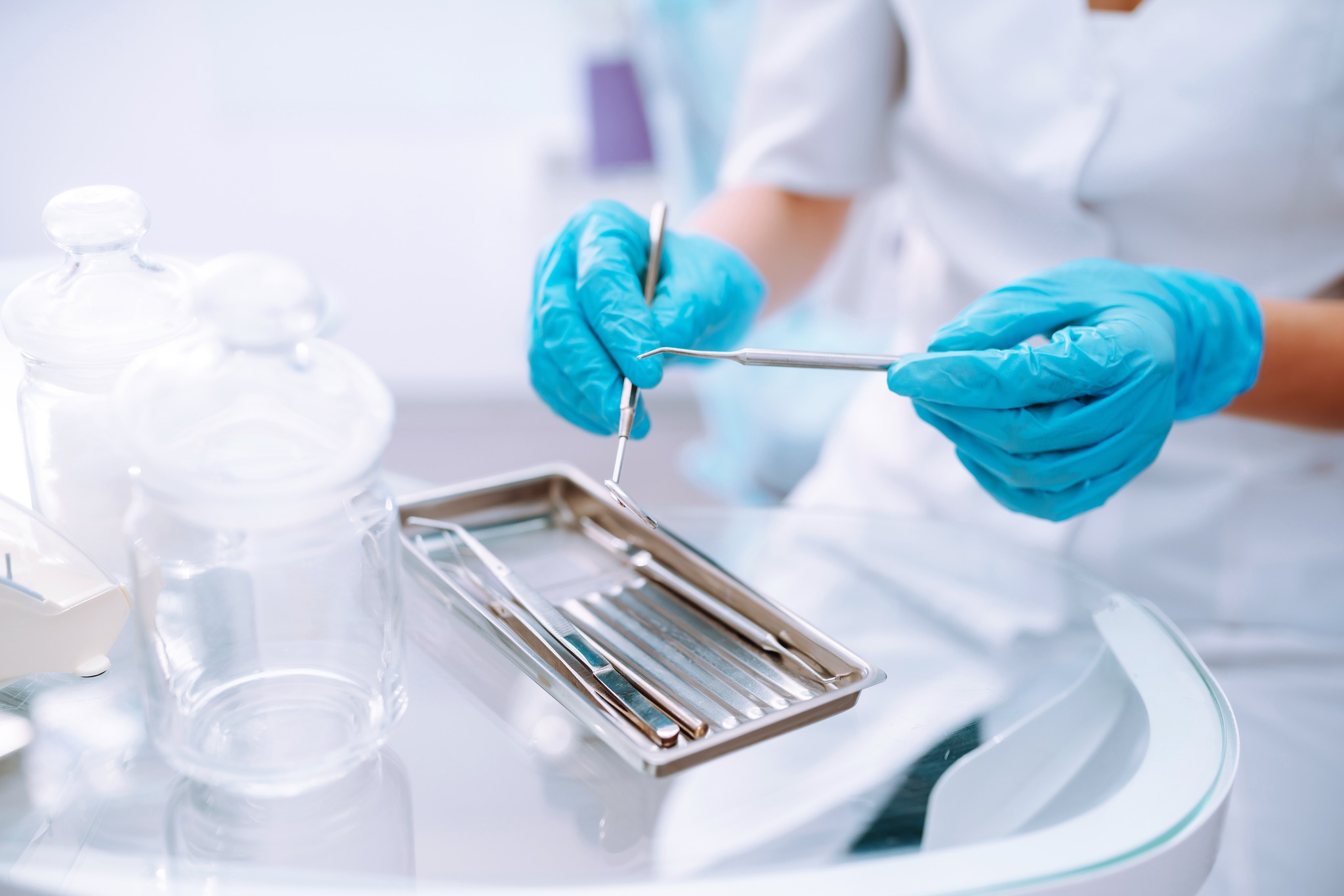
Oral Cancer Awareness and Prevention
Oral cancer is a serious health concern that affects thousands of people every year. However, with early detection and preventive measures, the risks associated with oral cancer can be significantly reduced. It's crucial to raise awareness about oral cancer and understand the steps you can take to prevent it.
Understanding Oral Cancer:
Oral cancer refers to cancers that develop in the mouth, including the lips, tongue, cheeks, and throat. It can be life-threatening if not detected and treated in its early stages. Risk factors for oral cancer include tobacco use (both smoking and smokeless), heavy alcohol consumption, a history of HPV infection, excessive sun exposure, and a family history of cancer.
Preventive Measures:
Avoid Tobacco and Alcohol: The most effective way to reduce your risk of oral cancer is to avoid tobacco products and limit alcohol consumption. If you smoke or use tobacco, quitting is one of the best decisions you can make for your oral and overall health.
Practice Oral Hygiene: Good oral hygiene can help prevent a range of oral health issues, including oral cancer. Brush and floss regularly, and be sure to pay attention to any changes in your mouth.
Healthy Diet: A diet rich in fruits and vegetables provides essential vitamins and antioxidants that can help protect against oral cancer. Limit processed foods and choose whole, nutrient-rich options.
Sun Protection: When spending time outdoors, especially in sunny areas, use lip balm with sunblock and wear a wide-brimmed hat to protect your lips and face from excessive sun exposure.
Safe Oral Practices: Avoid risky behaviors such as oral sex with multiple partners, as HPV infection is a risk factor for oral cancer. Practice safe sex and consider getting vaccinated against HPV.
Regular Dental Check-ups: Regular dental visits are important for early detection of any oral health issues, including oral cancer. Your dentist can perform screenings and recommend further tests if necessary.
Self-Examination: Perform regular self-examinations of your mouth, including your lips, gums, tongue, and the inside of your cheeks. Look for any unusual changes such as lumps, sores, or discolored patches.
By adopting these preventive measures and raising awareness about oral cancer, we can take significant steps towards reducing its impact on individuals and communities.
Understanding Oral Cancer:
Oral cancer refers to cancers that develop in the mouth, including the lips, tongue, cheeks, and throat. It can be life-threatening if not detected and treated in its early stages. Risk factors for oral cancer include tobacco use (both smoking and smokeless), heavy alcohol consumption, a history of HPV infection, excessive sun exposure, and a family history of cancer.
Preventive Measures:
Avoid Tobacco and Alcohol: The most effective way to reduce your risk of oral cancer is to avoid tobacco products and limit alcohol consumption. If you smoke or use tobacco, quitting is one of the best decisions you can make for your oral and overall health.
Practice Oral Hygiene: Good oral hygiene can help prevent a range of oral health issues, including oral cancer. Brush and floss regularly, and be sure to pay attention to any changes in your mouth.
Healthy Diet: A diet rich in fruits and vegetables provides essential vitamins and antioxidants that can help protect against oral cancer. Limit processed foods and choose whole, nutrient-rich options.
Sun Protection: When spending time outdoors, especially in sunny areas, use lip balm with sunblock and wear a wide-brimmed hat to protect your lips and face from excessive sun exposure.
Safe Oral Practices: Avoid risky behaviors such as oral sex with multiple partners, as HPV infection is a risk factor for oral cancer. Practice safe sex and consider getting vaccinated against HPV.
Regular Dental Check-ups: Regular dental visits are important for early detection of any oral health issues, including oral cancer. Your dentist can perform screenings and recommend further tests if necessary.
Self-Examination: Perform regular self-examinations of your mouth, including your lips, gums, tongue, and the inside of your cheeks. Look for any unusual changes such as lumps, sores, or discolored patches.
By adopting these preventive measures and raising awareness about oral cancer, we can take significant steps towards reducing its impact on individuals and communities.